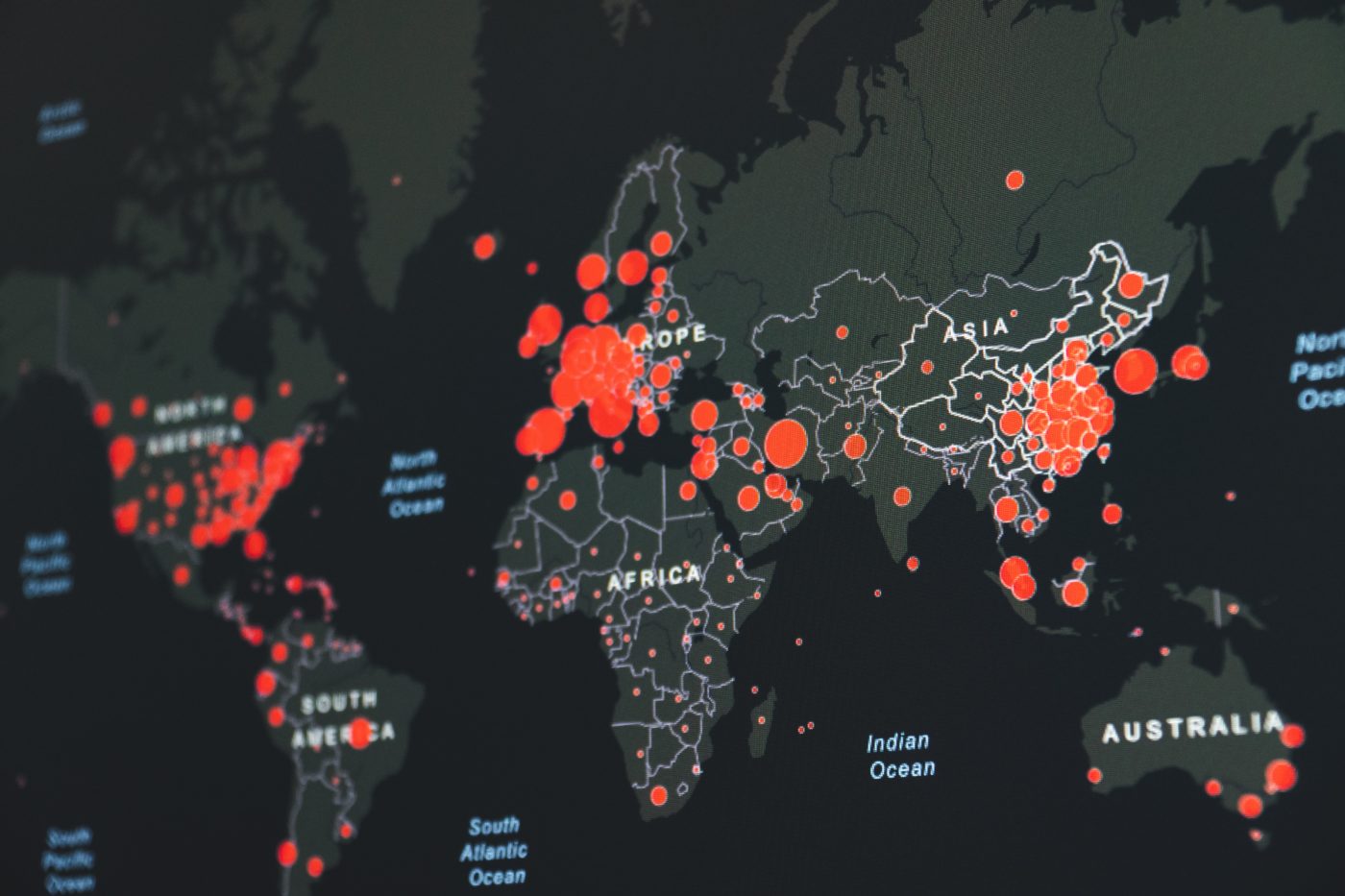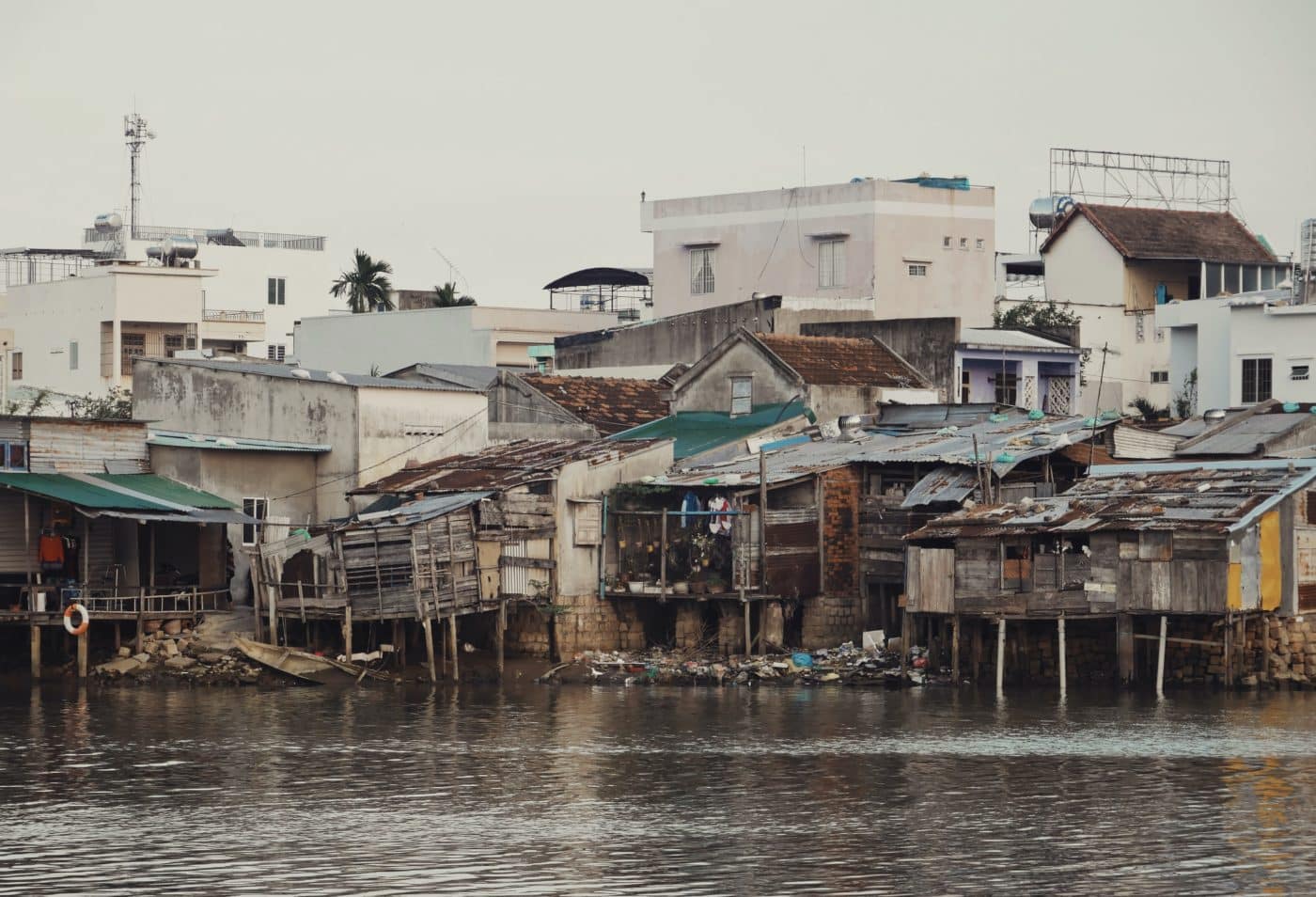COVID-19 Effecting Developing Countries
Developing Countries During Pandemic – Take Action for the World
COVID-19 is one of the biggest health crises of our lifetimes, with just over 7 million cases globally and over 407k reported deaths (as of 9th June). It’s also a social and economic crisis: there are inequalities in infection rates for certain groups and the world is heading into a looming recession.
Currently, the countries with the highest death tolls per million are the USA, UK and Brazil respectively, beneath that follows a variety of European countries, and towards the bottom of the list are the majority of the developing countries.
So, what’s happening in developing countries during the pandemic? Official figures are showing that the continent of Africa has currently had, in total, just over 189k cases (which may be a lot lower than reality due to complications with testing). Compared to the figures in the UK and US, this is perhaps a shock since these countries don’t necessarily have suitable healthcare systems to cope with a pandemic. If, or when, the pandemic hits them, they will struggle.
As individuals in a global community we need to support all countries with the resources to prepare for the worst case scenario.
There are incentives for us to provide this international aid. At a basic, almost selfish, level we need to eliminate the virus everywhere because whilst we may be slowly returning to a “new normal”, it doesn’t mean that if their cases peak later, then this will be over for us. If there are a few pockets of COVID-19 across the world then this could easily return to being a pandemic.
There are less selfish and more important reasons why we need to help: the fact that the virus will potentially take hundreds of thousands of lives in the most vulnerable areas in the world, that it will devastate their already cash-strapped economies, and that they deserve better. These communities are equally as crucial to the way our world functions, so it would be a tragedy and unlawful not to take measures to help these communities defeat the virus.
So what can we, as individuals within our own communities around the world, do to support developing countries?
Support charities
This is the best time to support charities, in particular, international development, human rights and relief organisations. These organisations will actively be able to provide additional help physically where it is needed most. International development NGOs are likely to be some of the worst-hit within the third sector. Many of them will cease to exist if action isn’t taken and they’ve had to scale back their aid in the communities they work in. So if you are in the position to donate, then that is a fantastic way of helping.
Do volunteer work
Another important way to support is through remote volunteering. There are plenty of ways to do this, from volunteering with the UN through UNV to games like Free Rice, and directly for development organisations and other charities themselves. If you are on furlough in the UK then Furlonteer can link you with charitable organisations so you can use your skills to support important causes.
Raise awareness and advocate
One of the best things you can do is to raise awareness and advocate for more international aid from governments, businesses and different organisations. One of the biggest reasons that developing countries can’t fully-concentrate their efforts, especially financially, on defensive measures against COVID-19 is debt. Developing countries (and in fact the whole world) have a debt problem and the repaying of these debts can sometimes take up very large portions of expenditure for these nations. This is why some organisations are calling for a type of “Global Marshall Plan”, which would write-off a specified amount of debt from the developing world. The UN is calling for a $1 trillion debt relief for developing states, and G20 countries are also trying to advocate for similar measures. What you can do is share this information with others. Call for a “Global Marshall Plan” and encourage your communities and governments to do the same.
What was a virus that devastated our own communities will devastate the communities of developing countries too, and most likely harder. Now is the time for global solidarity, so let’s take action together for the world.
If you want to share your voice and views on an issue you feel passionate about then get in touch at blog@raleighinternational.org.






